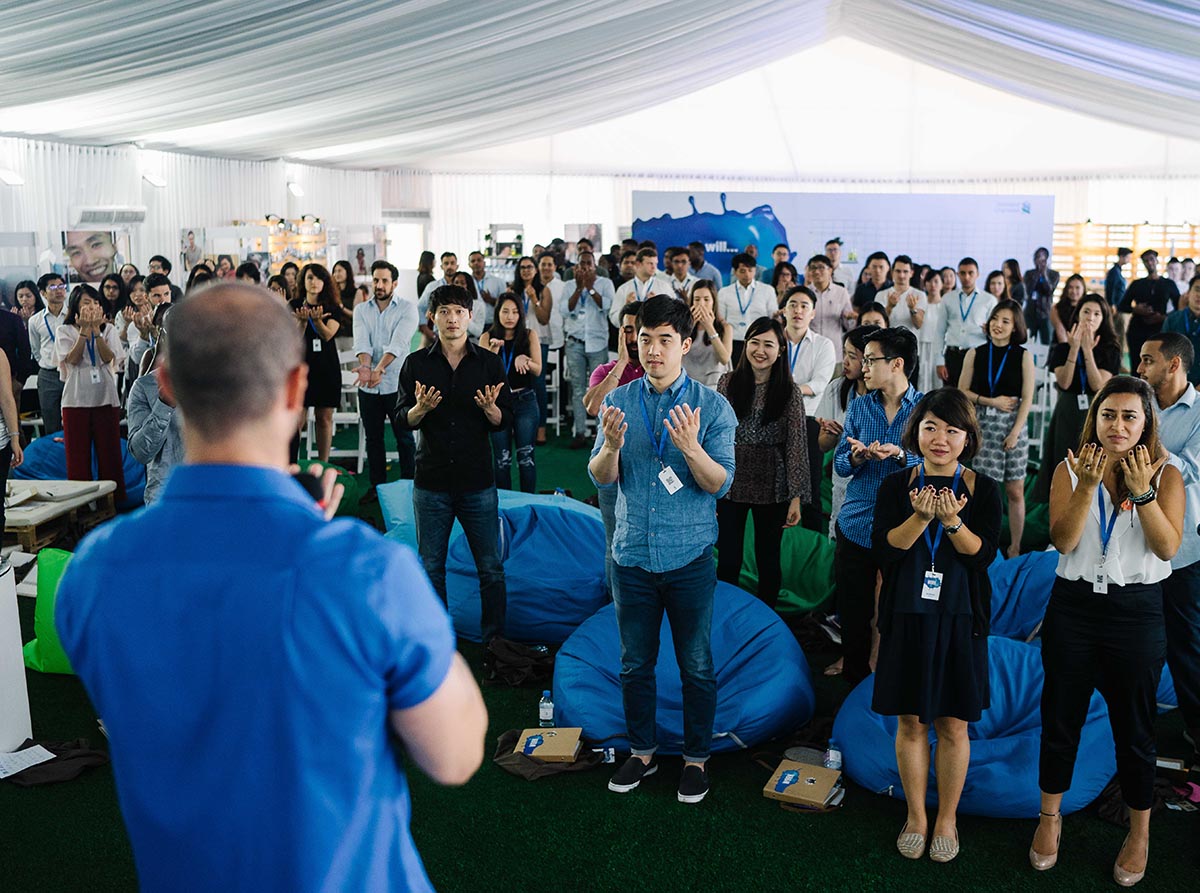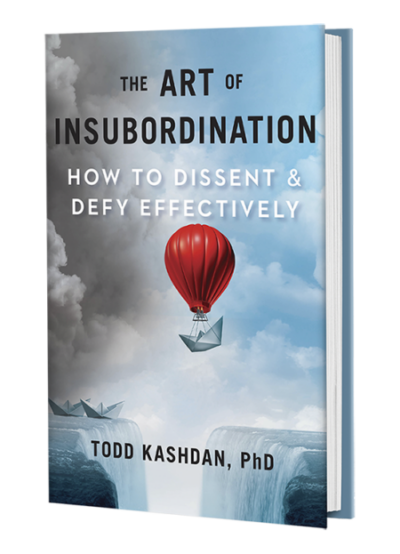
The missing ingredient to a fulfilling life.
Being curious opens the door to more than simply striving for happiness. It is a powerful trait that is often overlooked on the road to finding purpose and meaning in life. If we are interested in producing a population of critical thinkers armed with courage, resilience, and a love of learning and discovery, then we must recognize, harness, and cultivate curiosity.
Through our work at the Well-Being Lab, we have made a number of discoveries in the realm of curiosity, including how it influences our well-being. Curiosity leads to a multitude of life-fulfilling benefits as it is:
- Advantageous in managing anxiety
- An antidote to defensiveness reactions when threatened
- A precursor to innovation in the workplace, far more than mindfulness
- A protective factor, serving as a source of resilience when exposed to negative life events and stressors
With this new science at our fingertips, let the cultivation of curiosity begin.
What do generations of the most highly touted innovators, creators, artists, and explorers each have in common? A penchant for curiosity.
The Five Dimensions of Curiosity outlined by The Well-Being Lab
This is the prototype of curiosity — the pleasurable experience of becoming interested in something and wanting to discover new information, learn, and grow. Sitting on your porch to hear the unique wall of distortion from thousands of cicadas communicating together. Wondering what leads people to choose ferrets, snakes, peacocks, alligators, pigs, and ostriches to be their emotional support animals on planes. A sense of intrigue as to why people have such different musical tastes than you, and what are the origins. The places you want to travel to, the conversations that intrigue you, the foods you want to try, and the skills you want to learn. The world is a fascinating place filled with a lot of interesting people, and you want to explore. This is Joyous Exploration.
This dimension is about the willingness to embrace the doubt, confusion, anxiety, and other forms of distress that arise from exploring new, unexpected, complex, mysterious, or obscure events. You might view a person, object, idea, perspective, or event as novel, interesting, uncertain, but unless you feel capable of coping with the anxiety of investigating something where you lack information or experience, you are likely to avoid instead of approach. Stress Tolerance is what mobilizes our energy to push forward and act on our sense of intrigue.
This dimension is about being willing to take physical, social, and financial risks to acquire varied, complex, and intense experiences. For people who feel it, the anxiety of confronting novelty is not something to be reduced but rather something to amplify for maximal pleasure. Thrill Seeking offers a testament to how valuable novel experiences are worth in terms of actual costs people will incur. You do not have to be a big thrill-seeker to be high on the other dimensions. Knowing that you are willing to accept large tradeoffs for some variety offers useful information into what you value.
This dimension has a distinct emotional tone, with anxiety and tension being more prominent than joy — pondering abstract or complex ideas, trying to solve problems, and seeking to reduce gaps in knowledge. When there is something you want to know, and you don’t have the answer yet, an itch lingers that needs to be scratched. Getting a piece of information that closes the gap that bothers you rarely offers pleasure, instead it’s the reduction of discomfort. You are less interested in the interesting features in the world and more interested in resolving bothersome uncertainties. If Joyous Exploration is about the journey, Deprivation Sensitivity is about reaching the destination.
This dimension is about wanting to know what other people are thinking and doing by observing, talking, or listening in to conversations. There are two distinct types of social curiosity. Overt social curiosity is an interest in other people’s behaviors, thoughts, and feelings. It is defined as an underlying motivation to understand what makes people tick. With covert social curiosity, information is gathered by surreptitious routes such as gossiping, snooping, spying, and other indirect means of learning about other people and from other people. Overt social curiosity is associated with a wide range of adaptive outcomes whereas covert social curiosity is linked to more problematic behaviors such as a tendency to complain to friends, family, and co-workers, the motivation to avoid errors and mistakes in the workplace, social anxiety, and loneliness. There is no more efficient and effective manner to learn about the world than by dissecting the experiences and knowledge of other people. Social curiosity is a gateway to the reservoir of knowledge and experiences held by people with diverse experiences, views, and perspectives.
Scientific Articles
COMING SOON!

